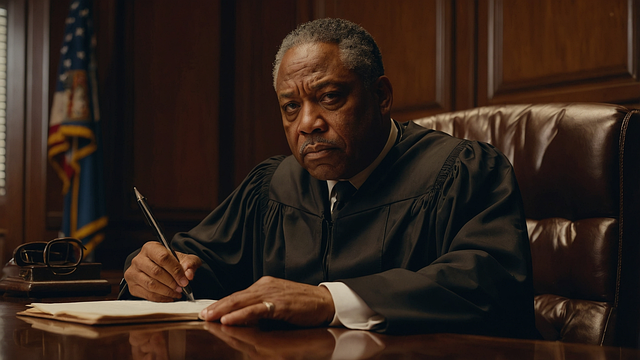Personal injury contingency fees are a risk-based legal financing option where attorneys receive a percentage of settlements or awards instead of upfront payments. This arrangement benefits clients with limited funds, incentivizes lawyers to work diligently for favorable outcomes, and covers attorney fees in complex cases like breach of fiduciary duty or contract disputes, eliminating financial strain during an already difficult period.
Personal injury claims can be complex, but understanding your legal options is crucial. If you’ve been injured due to someone else’s negligence, knowing the personal injury contingency fee structure can significantly impact your case. This article demystifies these agreements, explaining how they work and why they’re often beneficial for plaintiffs. We’ll guide you through the rights and processes involved, empowering you to navigate the legal system with confidence.
- Understanding Personal Injury Contingency Fees
- How Contingency Fee Agreements Work
- Your Rights and the Legal Process
Understanding Personal Injury Contingency Fees

Personal injury contingency fees are a common arrangement in personal injury cases where an attorney agrees to represent a client on a contingency basis. This means that the lawyer receives a percentage of any monetary compensation or settlement received, rather than charging an upfront fee. It’s a risk-based system where the attorney’s reward is tied directly to the outcome of the case.
Understanding this fee structure is crucial for those seeking legal representation in personal injury cases. The contingency fee arrangement places the financial burden on the lawyer, encouraging them to work diligently and effectively to secure the best possible outcome. In contrast to traditional hourly rates, clients are not responsible for payments if their case does not succeed, providing a measure of financial protection. This system is particularly beneficial in complex cases, such as those involving breach of fiduciary duty or contract disputes, where extensive legal expertise and time may be required.
How Contingency Fee Agreements Work

Contingency Fee Agreements are a common arrangement in personal injury cases where an attorney agrees to represent a client on a percentage basis, rather than charging an upfront fee. In this structure, the lawyer’s compensation is tied to the outcome of the case and is typically calculated as a percentage of any settlement or award received. This model is beneficial for clients who may not have substantial financial resources at the time of hiring legal counsel.
These agreements work by specifying a predetermined percentage that the attorney will take from any recovery made on the client’s behalf. For instance, a personal injury lawyer might agree to take 30% of any accident settlements or court awards if they successfully represent the client in their slip and fall case against an insurance coverage dispute. This arrangement ensures that the lawyer is motivated to work diligently for a favorable outcome, as their remuneration directly depends on it.
Your Rights and the Legal Process

When you’re dealing with a personal injury case, understanding your rights and the legal process is crucial. As a victim, you have the right to seek compensation for any harm or loss suffered due to someone else’s negligence. In many cases, especially complex ones like nursing home abuse, medical negligence, or breach of contract, hiring a lawyer can be essential.
The legal process typically involves filing a lawsuit against the responsible party. Your attorney will gather evidence, interview witnesses, and negotiate with the insurance companies to secure a fair settlement. With a personal injury contingency fee arrangement, your lawyer’s fees are usually covered by a percentage of the final settlement or judgment. This means you don’t have to pay any upfront costs, reducing financial stress during an already challenging time.
When considering a personal injury claim, understanding the contingencies of the legal fees involved is paramount. The personal injury contingency fee structure offers a risk-free way to pursue justice, as lawyers only get paid if they secure compensation for you. This agreement ensures that your focus remains on healing while experienced attorneys navigate the complex legal process. By familiarizing yourself with these agreements and their implications, you can make informed decisions about your rights and the best course of action moving forward.






